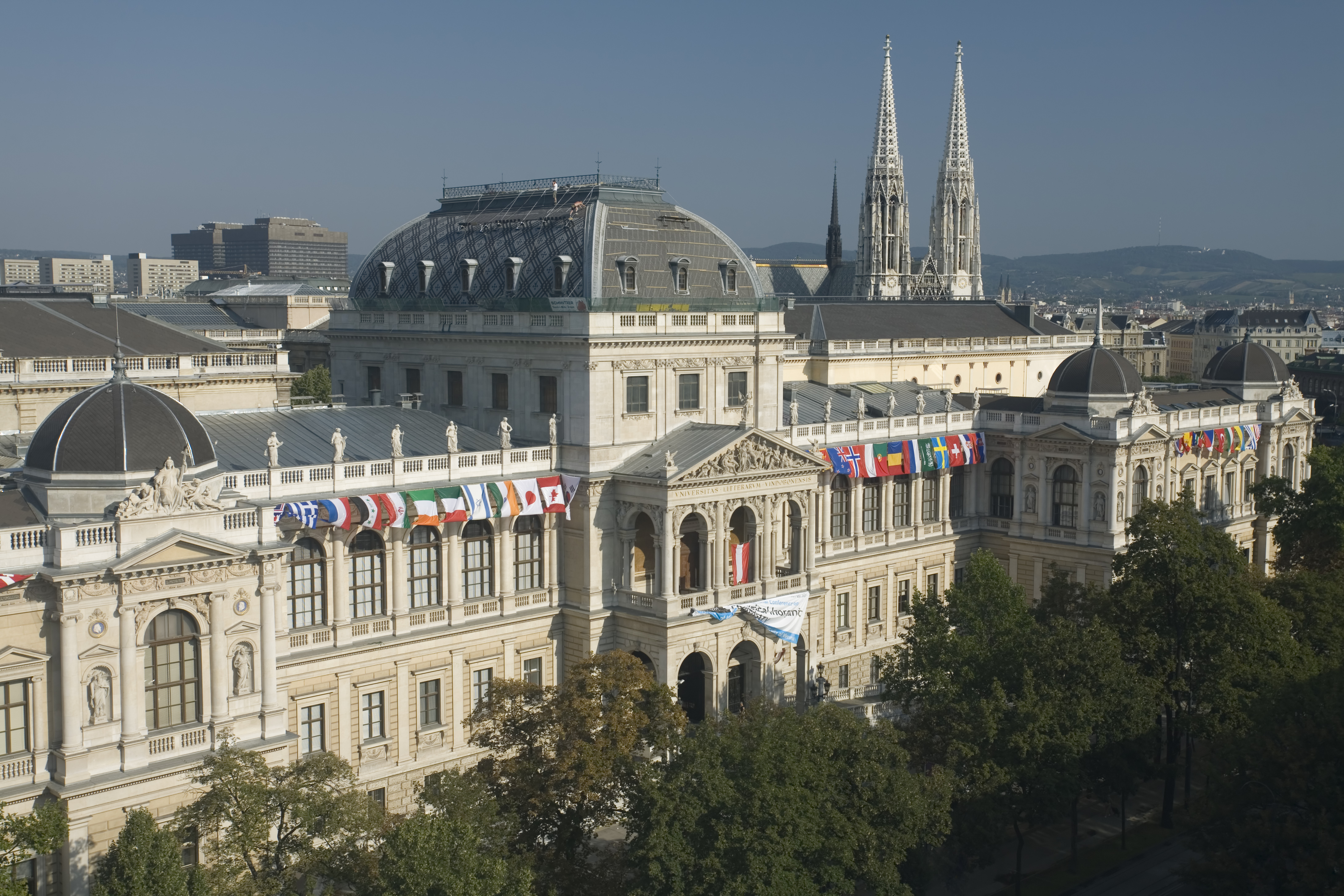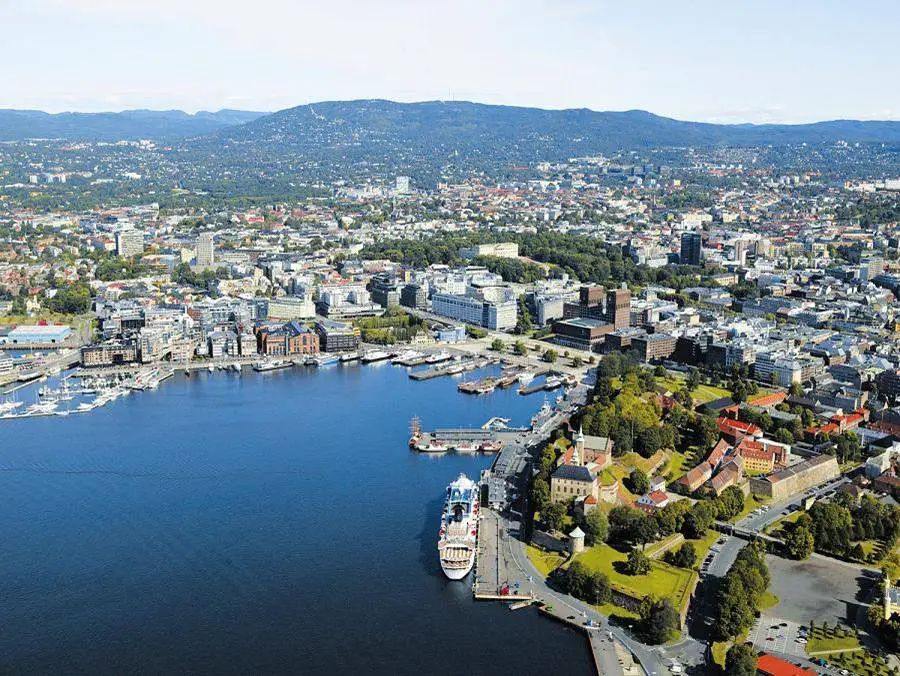We received the following Call for Papers:
If the Austro-Hungarian empire gave way to a new order of nation-states at the end of the First World War, the birth of that order coincided with a broader new international settlement with the League of Nations at its heart. In light of new literature on the relationship between empire and international order, as well as on the relationship between regional and international orders, this workshop will examine the interaction of the League of Nations and its sister organizations, like the ILO, with the former Habsburg lands. Across a range of economic, social, political, and legal domains, international institutions shaped and guaranteed the new order in Central Europe. At the same time, statesmen, bureaucrats and experts from the successor states embarked on influential careers in the new organizations.
Considering the passive involvement of the monarchy with the new internationalism of the late nineteenth and early twentieth century, as well as the empire’s own legacies of supranational organization, we intend to explore the networks of influence that bound the successor states to the institutions of the interwar order. To what extent were those interactions inflected by imperial pasts? Were some successor states more active participants in those institutions than others? In which ways and on which occasions did the League and the successor states offer each other political opportunities?
The call for papers for this workshop is now open. If you would like to apply please submit a paper abstract of around 200 words by the end of January 2015 to peter.becker@univie.ac.at or ngw2103@columbia.edu. We are particularly (but not exclusively) interested in the following themes:
- The League and the new political order in east central Europe
- People in the League of Nations (careers of bureaucrats from successor states)
- Intellectual Cooperation & Health
- Economy & State organization
- ILO & Social Policy
- Peace & Borders
- Minorities & Migration
The workshop is convened by Peter Becker (Vienna) and Natasha Wheatley (New York/Sydney). It is a joint venture between the Austrian Institute of Historical Research, Vienna, and the Laureate Research Program in International History, University of Sydney, and will take place at the University of Vienna from December 11-12, 2015. Accommodation will be provided for those applicants, whose papers have been accepted, and travel subsidies will also be available.





